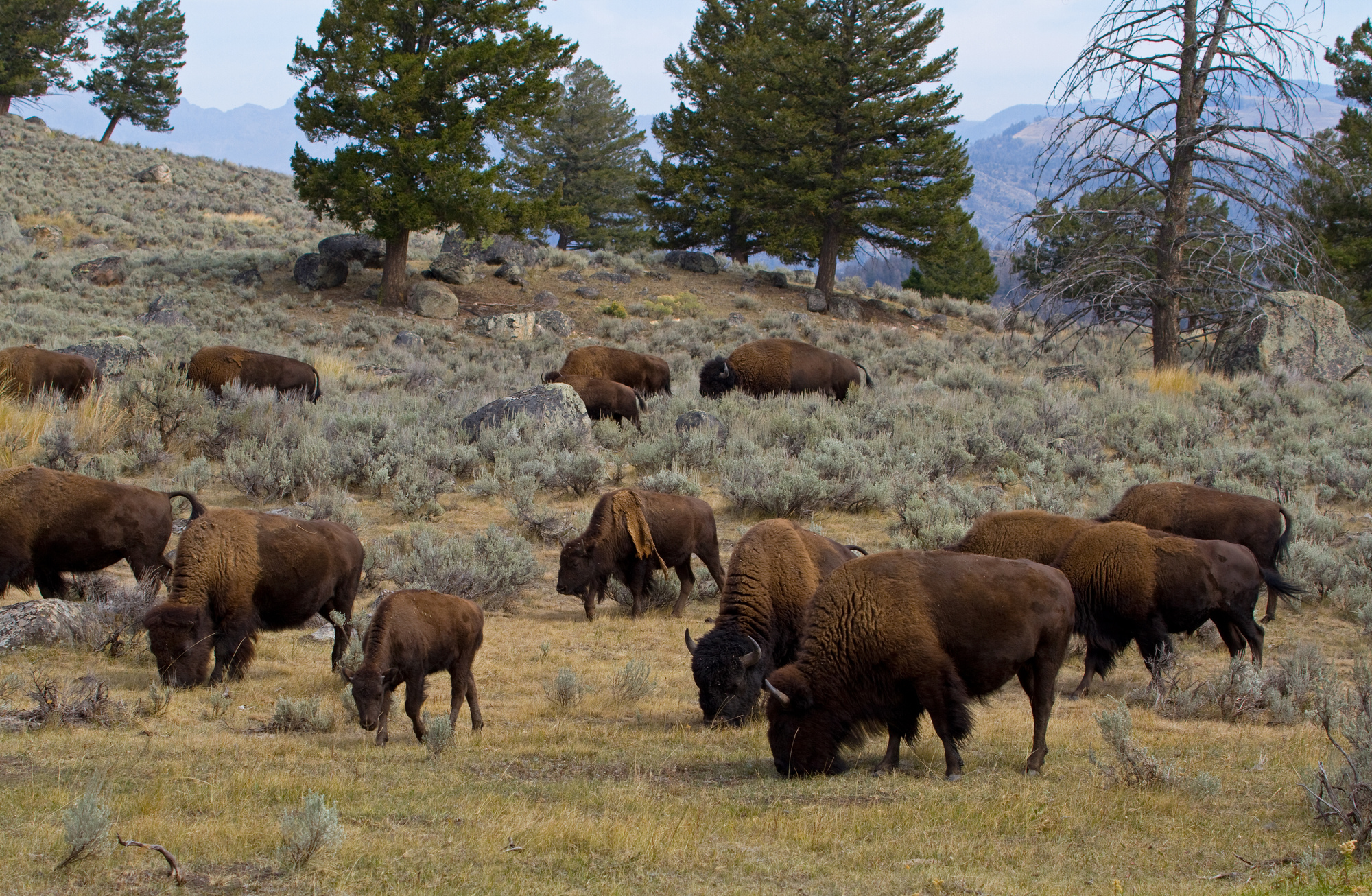3 Roam If You Want To
Activating Background Knowledge
By Ryan Hill, Technologist, Fleming College
Have you ever “Roamed Around the Known”?
If you have ever made an effort to tap into the resource wealth of a learner’s prior knowledge, then you likely have. Roaming around the known is a phrase used in Reading Recovery to describe the practice of accessing this valued history and scaffolding it into fruitful and novel teaching and learning opportunities. Although originally designed for early literacy educators, roaming around the known is a very useful tool for learners of any age!
The Aquaculture Co-op Graduate Certificate Program at Fleming’s Frost Campus is very fortunate to benefit from a diverse student population, assembled from multiple academic and experiential backgrounds. The first order of business in semester one is to allow students to describe themselves in an “About Me” presentation. Individual students use this forum to share their interests in our common framework of fish and water with the class and staff.
This provides benefits to students as it forms an introduction and highlights existing expertise that can be shared and exchanged between classmates leading to complementary, student supported learning. Connections between biological theory and hands on fish specimen investigation are stitched together as the college and university minds in the class build to new understandings.
For teaching staff, it provides insight into what means of representation, expression and engagement will likely work best for individual students and sometimes the class overall. Formative assessments, especially those that utilize an “on-the-fly” two way verbal exchange, can be tailored to known prior knowledge which promotes student “buy-in” and a recognition that students are regarded as individual learning enthusiasts.
This personal touch can be as simple as relating a more complex concept like fish biomass to a student who is an expert trophy angler as “Would you rather catch two 20kg fish or forty 1 kg fish?”. In this case, the total fish biomass is the same, it is just “packaged differently”.
Next time you have a group of students that come from multiple “water bodies” encourage them to share their prior knowledge and start to “Roam Around the Known”.

featured photo credit: “Bison 3” flickr photo by ahisgett https://flickr.com/photos/hisgett/8007262086 shared under a Creative Commons (BY) license


